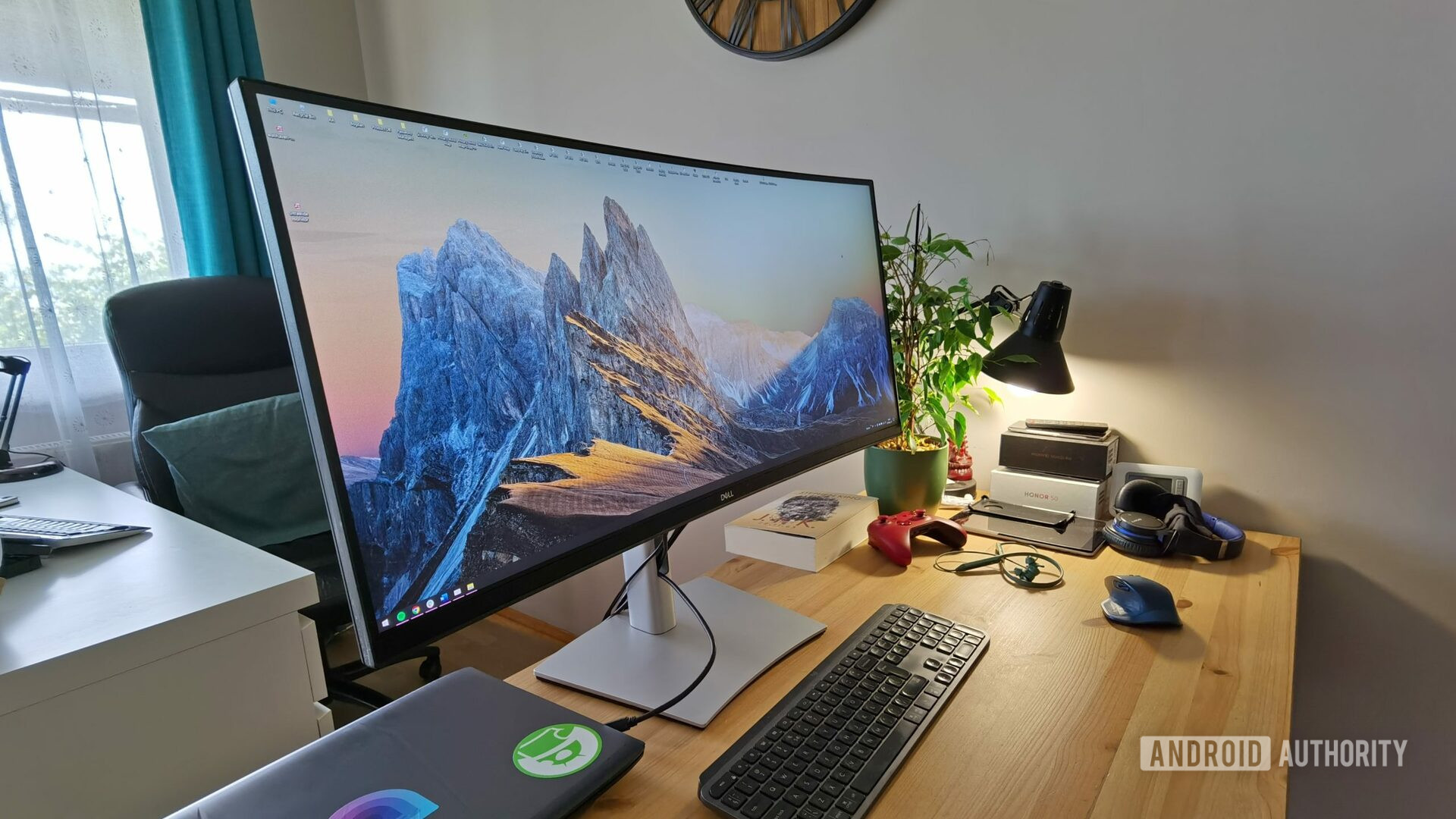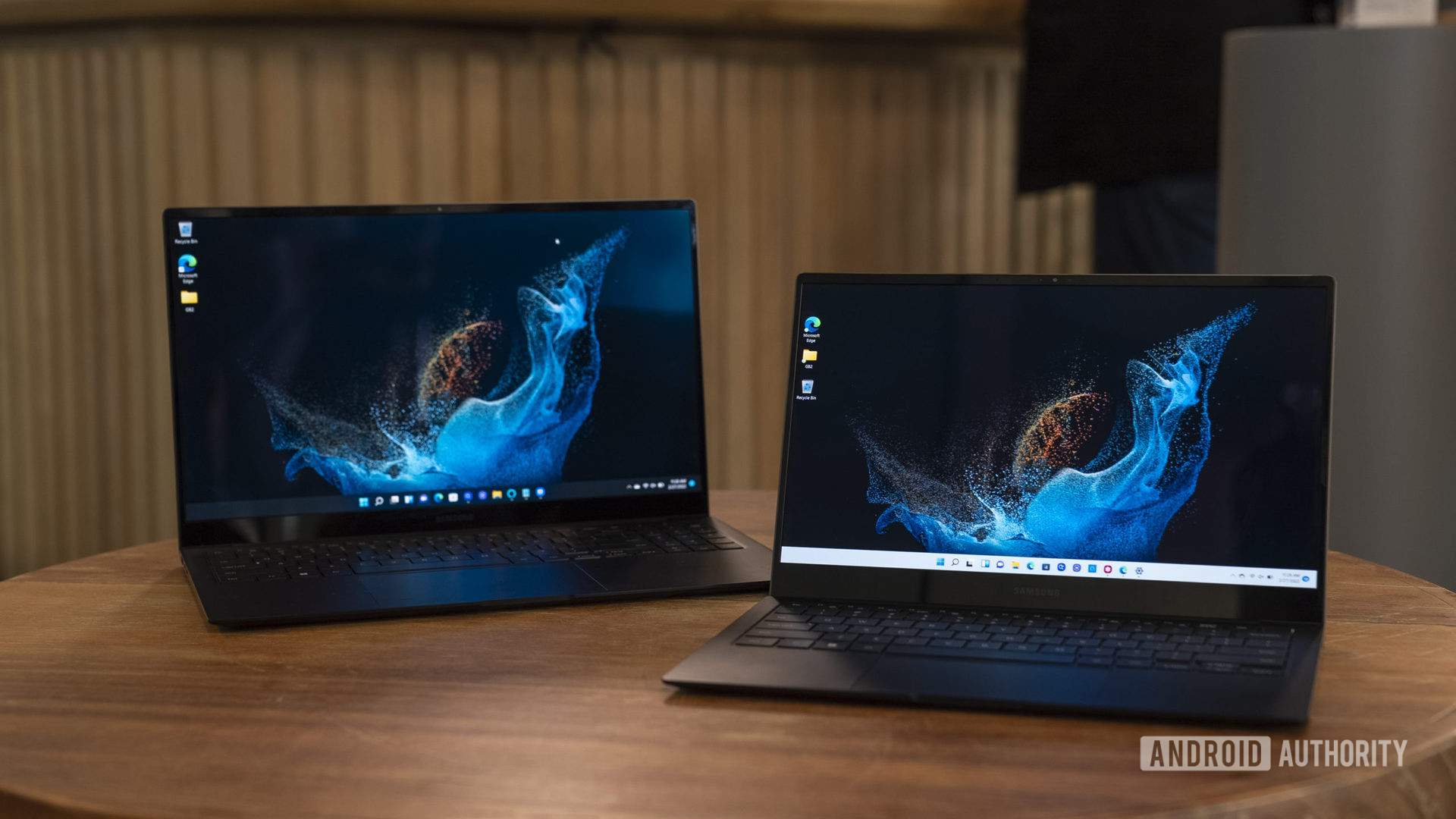How to tell if my computer has been hacked
Cyber security has become a bigger risk over the years, but it has also become easier to identify and avoid. However, that’s assuming you are aware of the markers and the right steps to prevent and counter a cyber security attack.
But the obvious question on your mind is how can you tell if your computer has been hacked? A computer subjected to a cyber security attack, or in other words, hacked, will behave in a certain way, generally erratically. More often than not, you’ll be able to tell that something is wrong. Here’s how to tell if your computer has been hacked.
Read more: How to get rid of a virus on a computer
How can I tell if my computer has been hacked?

Bogdan Petrovan / Android Authority
We broadly use the word “hacked” as an adjective for a compromised system or account. Hacking generally implies a hacker is in control orchestrating every move, but many hacks like viruses and malware don’t require active control. As such, for the purposes of this guide, we’ll discuss scenarios in which computers have been compromised, ranging from an actual hack to a garden variety of malware.
A hacked computer will usually behave erratically. You can watch out for a few markers that could be pointing toward your computer being hacked. Here are the most common ones.
- Frequent pop-ups — Constantly opening unrecognized windows on your computer.
- Changes to your home screen — Changes to the wallpaper, theme, or any other aspect of your home screen.
- Apps you don’t recognize — Icons or windows of apps you don’t recognize or remember installing.
- Frequent redirects in the browser — Constant pop-ups, redirects, or advertisements in your web browsing.
- Emails you didn’t send — Contents in your email inbox or sent email folders you don’t recognize.
- Performance issues — PC not performing as expected, programs crashing, overheating, or fans always running at high speed with noise.
- Suspicious social media behavior — Logins, posts, or messages on social media accounts that you didn’t initiate.
- Suspicious transactions — Worst case scenario, transactions in your bank or card accounts that you didn’t initiate.
Read more: How to backup Windows 11


